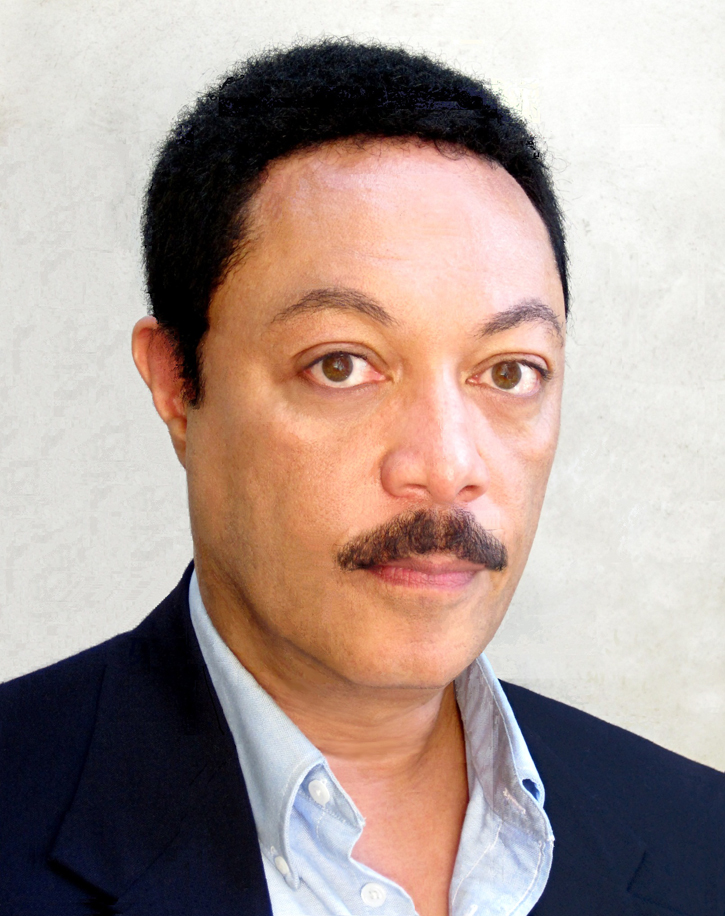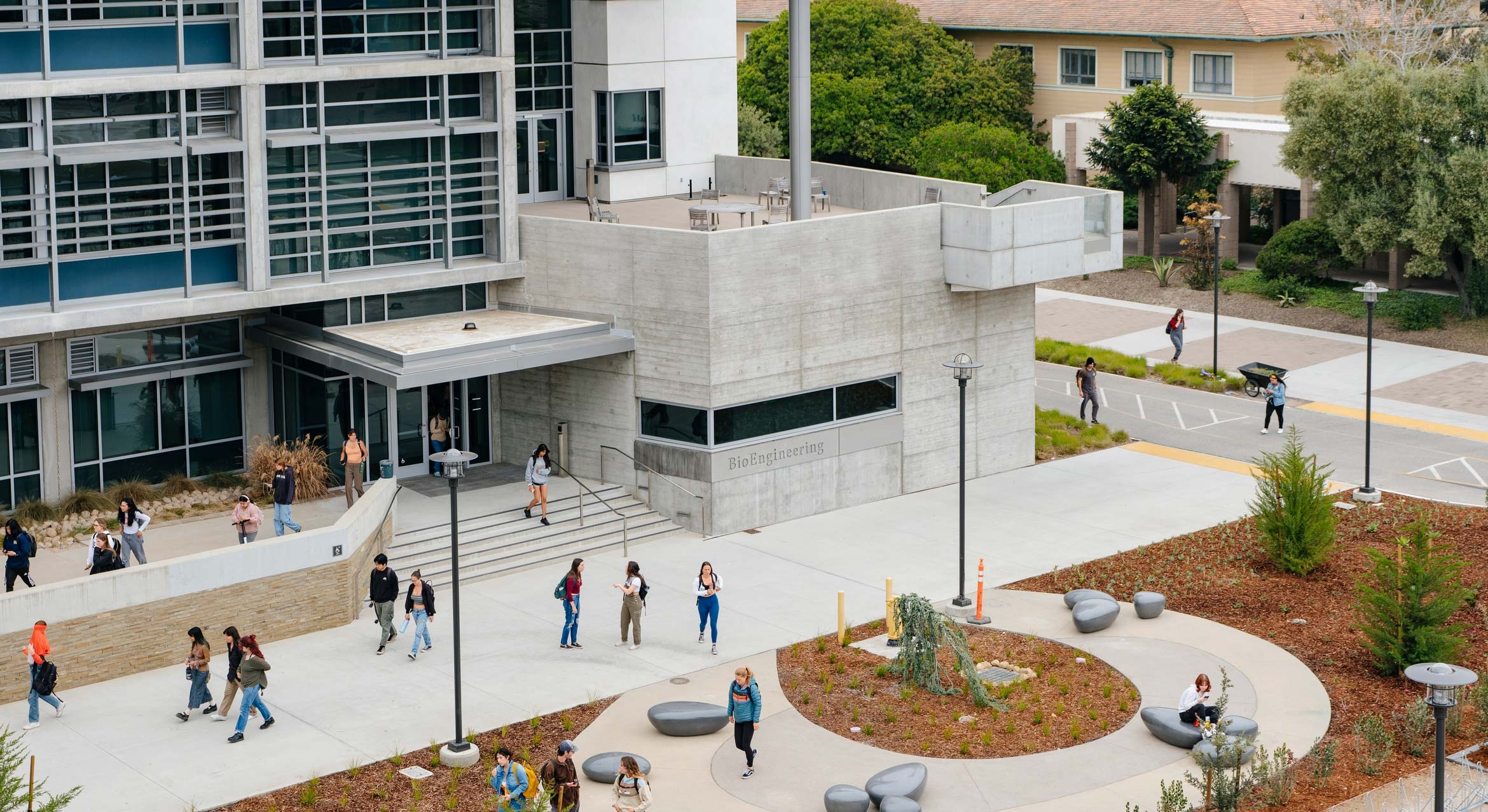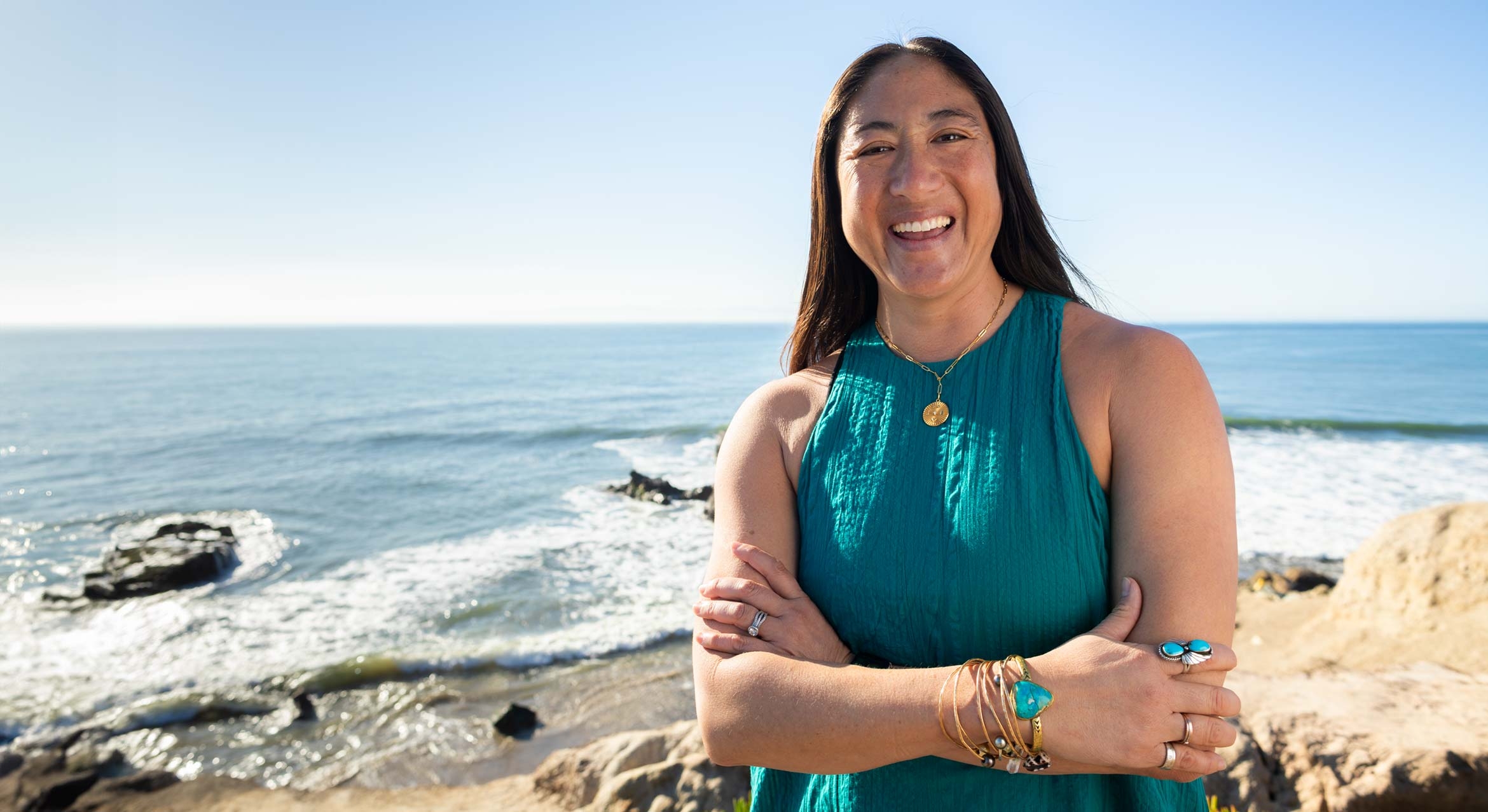
G. Reginald Daniel, a professor of sociology at UC Santa Barbara, has received the 2012 Loving Prize from the Mixed Roots Film & Literary Festival.
Established in 2008, the Loving Prizes are presented each year to outstanding artists, storytellers, and community leaders who have shown a dedication to celebrating and illuminating the "mixed" experience. Previous recipients include UCSB's Kip Fulbeck and Paul R. Spickard, professors of art and performative studies and of history, respectively; James McBride, author of "The Color of Water"; Maya Soetoro-Ng, a writer, educator, and the half-sister of Barack Obama; former Pittsburgh Steeler Hines Ward; Maria P.P. Root, a scholar and clinical psychologist; and Angela Nissel, a writer and co-producer for the television series "Scrubs."
The recipients were honored at the three-day Mixed Roots Film & Literary Festival, which brought together innovative and emerging artists, and multiracial families and individuals for workshops, readings, and film screenings. The festival, held in Los Angeles in June, celebrates stories of the mixed experience and of interracial and intercultural relationships, blended families, and anyone who identifies with having mixed roots.
Daniel was recognized as a leading scholar on issues of multiracial identity. Other 2012 Loving Prize recipients included Kim Wayans and Kevin Knotts, authors of the children's book series, "Amy Hodgepodge," which follows the adventures of a multiracial girl.
"Professor Daniel has pioneered this innovative area of research in multiracial identity that has become a staple of sociological study and a very meaningful body of literature for people of mixed race origin," said Melvin Oliver, executive dean of UCSB's College of Letters and Science and the campus's SAGE Sara Miller McCune Dean of Social Sciences. "Our students are lucky to have access to this work through Professor Daniel's dedicated and engaged teaching. Students leave his courses with new perspectives that transform the way they look at the world and themselves."
"It's part of my life trajectory," Daniel said of his research on multiracial identity. "It's also something I've had to do sometimes in the shadows, and in the face of dismissal, erasure, and public humiliation. So to have people acknowledge and value the work that came out of that struggle is hugely rewarding."
Daniel is the author of several books that focus on the relationship between race, multiraciality, and social structure. Among them are "Machado de Assis: Multiracial Identity and the Brazilian Novelist," "Race and Multiraciality in Brazil and the United States; Converging Paths?" and "More Than Black? Multiracial Identity and the New Racial Order." In addition, his course "Betwixt and Between," which he has taught every year since 1989, is one of the first and longest-standing courses that deals specifically with the question of multiracial identity.
"The class examines how we construct racial categories, why multiraciality is such a contested issue, and what it says about how we reduce the complexity of our social world as a form of social control," Daniel said. "If you go back 20 generations, we all have a million ancestors, and they all eventually connect up in Africa. The class focuses on the sociology and history of multiraciality in the United States against the backdrop of European colonialism. But it also goes back further and examines this as part of a larger context."
In the course –– and in his research –– Daniel compares the U.S. to Brazil, a country that, according to Daniel, has never endorsed any form of legalized segregation, and boasts a long history of acknowledging multiracial individuals. Both nations inherited European norms that have granted whites a more privileged status relative to other racial groups. Yet, Brazil's example provides a powerful way for students to view U.S. actions and sensibilities regarding multiracial identity in relation to a close geographic neighbor "that went in the other direction," he said.
"The current generation of students has grown up in an environment in which they've been forced to deal with diversity in ways their parents and grandparents didn't," Daniel continued. "It is the most diverse generation in U.S. history." Although society is changing, transformation happens slowly, he added, and is not without complications. "Although people are more receptive to things like interracial marriage, there is still a pattern of people identifying monoracially. Other groups have been allowed to have agency and speak their voice," he said. "But multiracial-identified people have not."
Related Links



